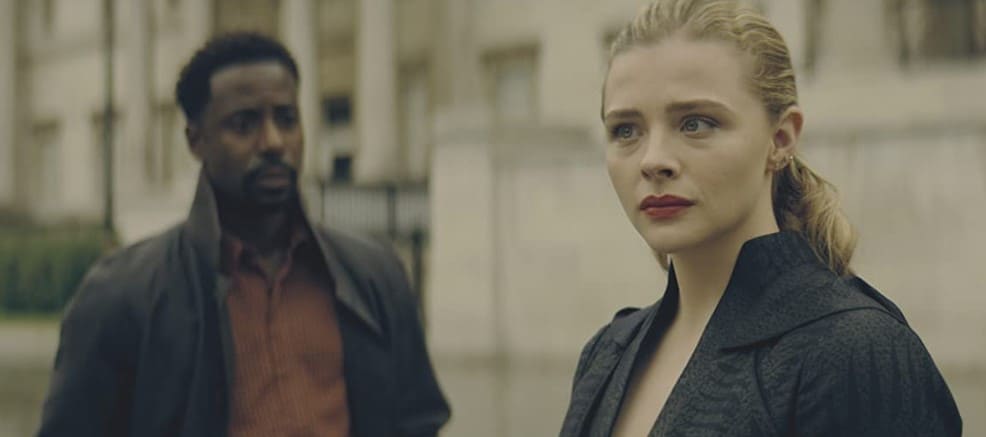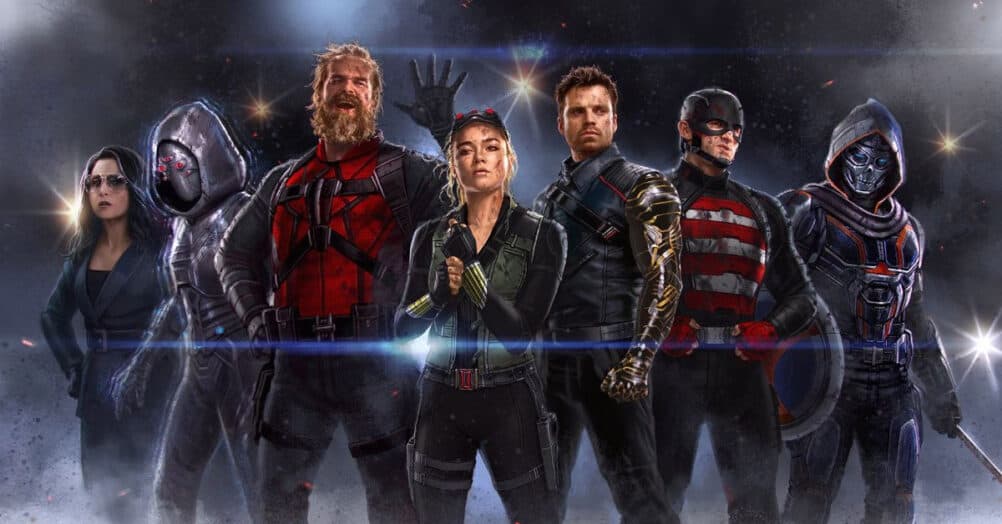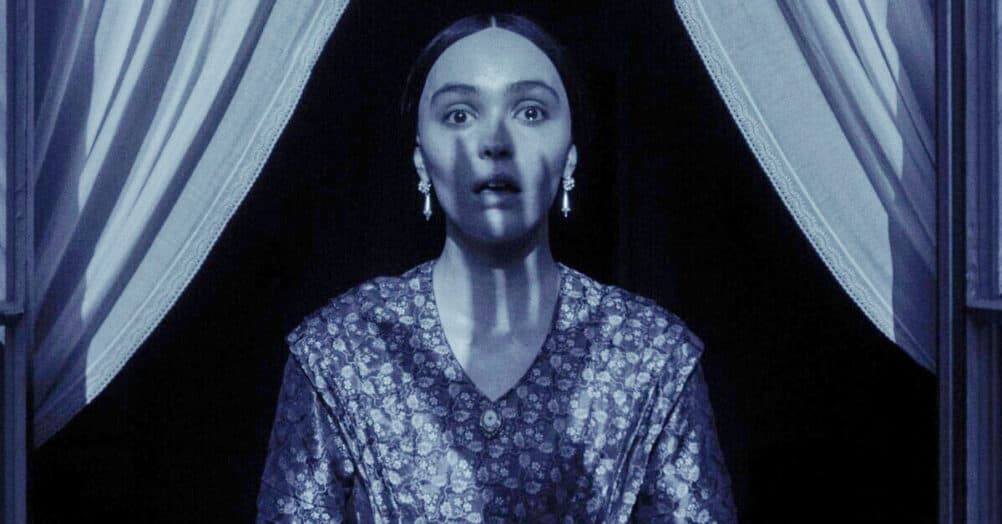Plot: Flynne Fisher lives in the rural American South, working at the local 3D printing shop, while earning much needed extra money playing VR games for rich people. One night she dons a headset and finds herself in futuristic London—a sleek and mysterious world, alluringly different from her own hardscrabble existence. But this isn’t like any game she’s ever played before: Flynne begins to realize it isn’t virtual reality… it’s real.
Review: Virtual reality and time travel are two of the most commonly used tropes in science fiction stories and used to be unique storytelling techniques. Thanks to improved special effects which have allowed countless stories to be told in ways they never could have been in the past. The new series The Peripheral manages to upend expectations by blending the intelligent and complex sci-fi of series like Westworld with the intricacies of crime dramas like Ozark and Breaking Bad. The result is a well-acted thriller that takes a truly challenging concept and turns it into a brainy mix of The Matrix and Ready Player One that has the potential to be one of the most discussed new series of the year.

Based on the novel of the same name written by cyberpunk author William Gibson, The Peripheral has some serious talent behind the scenes. Produced by Westworld creators Jonathan Nolan and Lisa Joy, The Peripheral comes from novelist Scott B. Smith, best known for penning the books A Simple Plan and The Ruins. Smith has worked steadily as a screenwriter in recent years, scripting adaptations of both of his novels as well as the films Siberia and The Burnt Orange Heresy. Here, Smith manages to combine the perspective of both an author and a screenwriter to visualize the complex world of Gibson’s novel without sacrificing the character-driven drama at its core. The Peripheral is split between rural America in 2030 and post-post-apocalyptic London seventy years later. This creates a challenge in following two sets of characters in vastly different settings without sacrificing narrative momentum. And it works, very well.
In the 2030 timeline, we are introduced to Flynne Fisher (Chloe Grace Moretz), a young woman struggling to make ends meet while caring for her dying mother. She lives with her brother Burton (Jack Reynor), a military veteran who makes money playing virtual reality games for rich people. Flynne, the far superior gamer, takes Burton’s place in an experimental game where she meets Aelita (Charlotte Riley) and witnesses something she shouldn’t have. Flynne quickly learns that the game is not a simulation but a portal to London in the year 2100 where she is controlling a robotic avatar. There, she meets Wilf Netherton (Gary Carr), Lev (JJ Feild), and Ash (Katie Leung) who are all part of a collective trying to save the future from the criminals controlling it. This means that those in the future are able to communicate with the past, sending both technology and mercenaries to try and kill Flynne and her family. What follows is a complex weaving of the two timelines which provides a thrilling and engaging twist to the more familiar elements of this narrative.
The key to what makes The Peripheral work is the solid cast. From top to bottom, this entire series features talented actors who embody their roles, none more than Chloe Grace Moretz and Jack Reynor. Both have done great work in their careers but make Flynne and Burton characters you care about and want to root for. Equally, Gary Carr makes for a sympathetic parallel to Flynne and his back story is one of the more intriguing in the series. While Leung, Feild, and Riley are all good, the supporting roles from Eli Goree as Conner and Westworld veteran Louis Herthum as the antagonistic Corbell Pickett really round out this ensemble with layered characters who are as intriguing as they are duplicitous.
Spread over eight episodes, The Peripheral wastes no time in laying the framework for the vastly different looks of the two future settings this series takes place in. The 2030 timeline looks familiar to our present day with some tweaks to technology and the economic state of the country. 2100 takes on a tone not much different from the production style of Westworld, sometimes feeling eerily similar to the HBO series. The technology employed for communication between the two eras is never adequately explained but the characters repeatedly say that even they are not entirely clear on how it works. But, rather than wallowing in the confusing elements that would bog the story down, Scott B. Smith manages to keep the momentum moving forward and gives us a lot of story to absorb and does so in a way that is easy to follow. With the early episodes directed by Vincenzo Natali (Cube, Splice), the series takes on a cinematic quality that balances action and drama with a focus on the characters.

The Peripheral is a great companion series to Westworld as both stories explore the dangers of technology and how it affects the masses, but this series is far more approachable. By setting this series in two very different timelines that are connected not only by distance but also by almost a century, Scott B. Smith has managed to take William Gibson’s epic novel and turned it into an equally epic long-form series. Each hour-long episode feels packed with story and flies by thanks to the solid editing, musical score, and scope of the directors. The Peripheral is the best science fiction series I have seen the premiere of Westworld. This story has the potential to be the legitimate successor to Ozark and Breaking Bad told in a genre that I never expected to work with that type of story.
The Peripheral premieres on October 21st on Prime Video.





















Follow the JOBLO MOVIE NETWORK
Follow us on YOUTUBE
Follow ARROW IN THE HEAD
Follow AITH on YOUTUBE